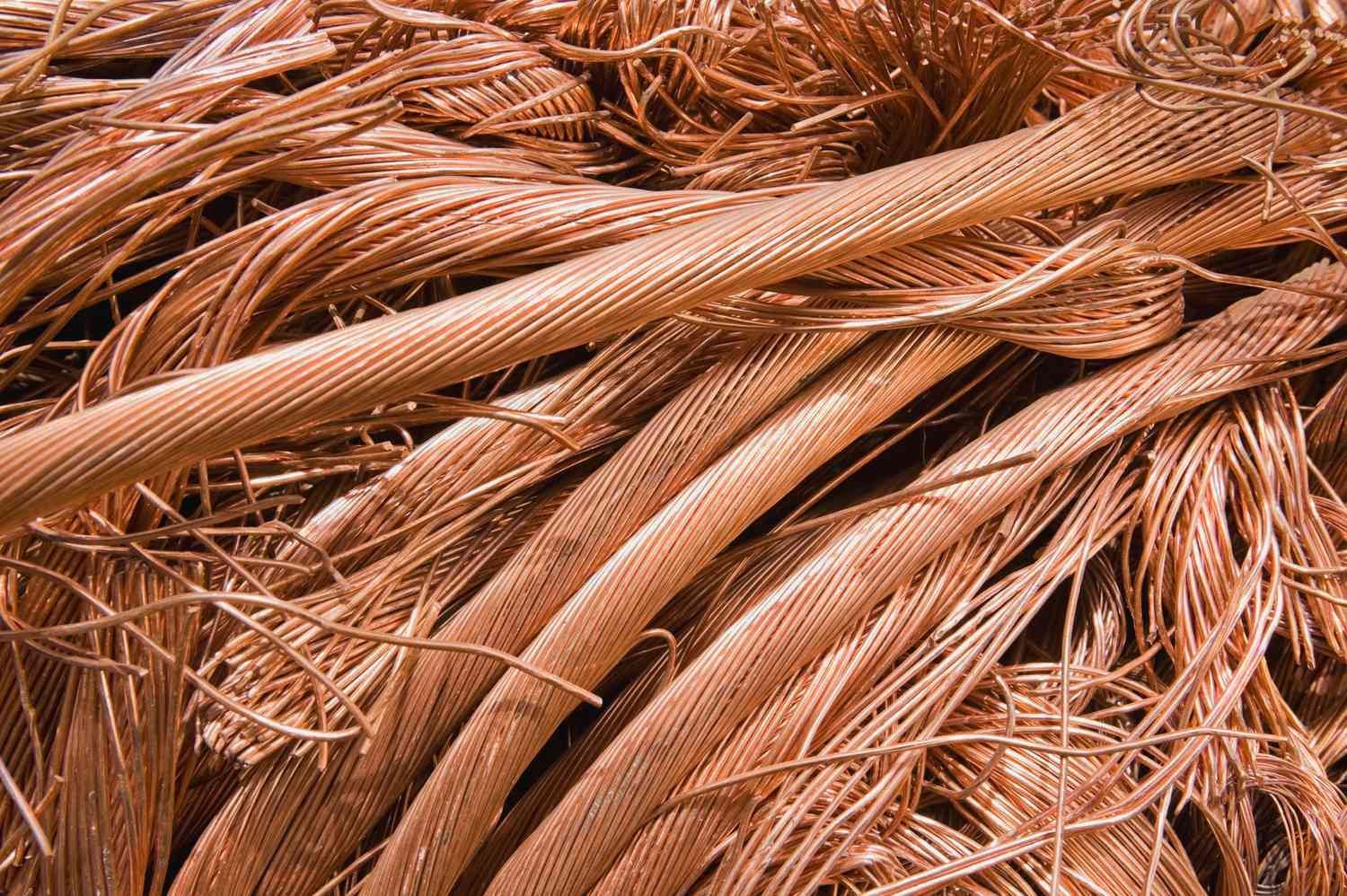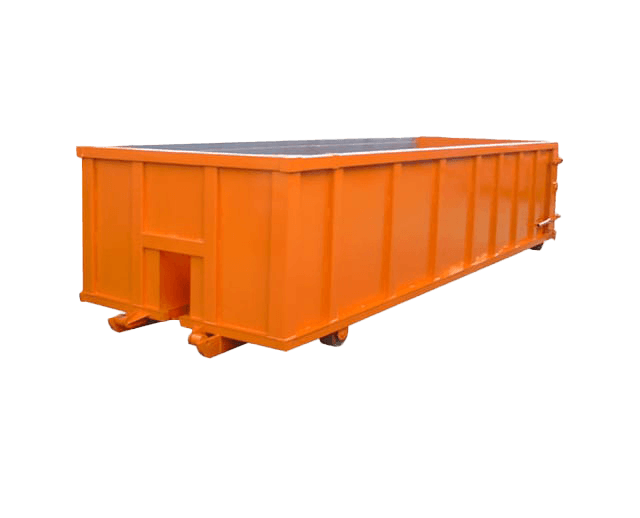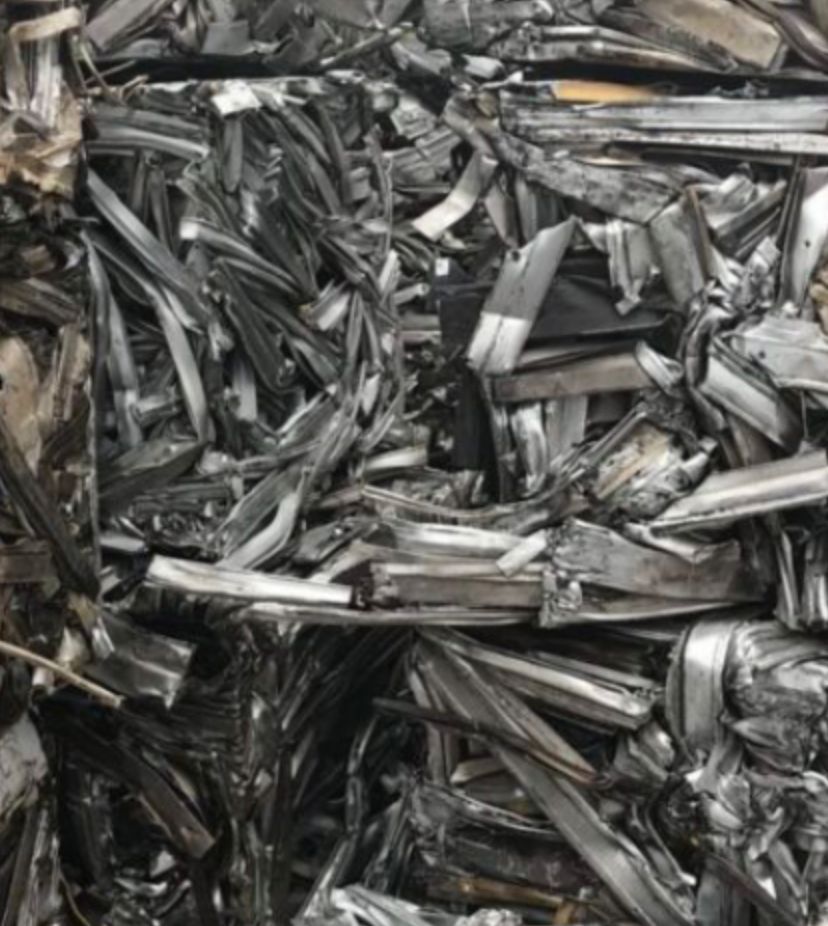Benefit of Copper recycling
The Benefits of Copper Recycling

1. The Benefits of Copper Recycling
Copper is one of the most valuable metals to recycle due to its endless recyclability and wide range of uses. When you recycle copper, you’re helping to conserve natural resources, reduce energy consumption, and minimize the environmental impact of mining. Recycled copper retains its properties and can be used in everything from electrical wiring to plumbing and even in renewable energy systems like solar panels. By bringing your copper to our facility, you’re playing a crucial role in supporting a sustainable future.
Conserving Natural Resources
Copper is a finite resource, meaning there is a limited amount available on Earth. Recycling copper helps conserve this valuable resource by reducing the need for new copper mining. Mining activities can be destructive to the environment, leading to habitat destruction, soil erosion, and water pollution. By recycling copper, we can extend the lifespan of natural copper reserves and reduce the ecological footprint of mining activities.
Reducing Energy Consumption
Producing new copper from raw ore is highly energy-intensive, requiring extensive mining, transportation, and refining processes. In contrast, recycling copper uses up to 85% less energy compared to primary production, according to CalRecycle. This significant reduction in energy consumption helps lower greenhouse gas emissions and decreases dependence on fossil fuels, contributing to California’s broader environmental goals of reducing carbon emissions and combating climate change.
Minimizing Environmental Impact
Mining new copper ores can have serious environmental consequences, such as deforestation, water contamination from mine tailings, and air pollution from smelting processes. Recycling copper helps mitigate these effects by reducing the demand for new copper mining and refining. Furthermore, recycling copper decreases the amount of waste sent to landfills, where metals can leach harmful substances into the soil and groundwater over time. By choosing to recycle copper, you’re supporting cleaner air, water, and soil for future generations.
Supporting a Circular Economy
Copper retains its physical and chemical properties indefinitely, meaning it can be recycled over and over again without losing quality. This makes it a key material in the circular economy—a system where products and materials are kept in use for as long as possible. By recycling copper, you’re helping to create a sustainable cycle that keeps valuable resources in use, reduces waste, and minimizes the need for new materials.
Applications of Recycled Copper
Recycled copper is used in a wide range of industries and applications, from the production of electrical wiring and plumbing pipes to the creation of renewable energy systems like wind turbines and solar panels. In fact, about 75% of copper ever mined is still in use today, demonstrating its incredible ability to be repurposed and reused. This shows that when you bring your copper to our facility, you’re not just recycling—you’re contributing to the growth of sustainable technologies and industries.
Economic Benefits
Beyond the environmental advantages, recycling copper also has significant economic benefits. Recycled copper is a critical raw material for industries that manufacture electronics, construction materials, automotive components, and renewable energy products. As the demand for these products grows, so does the need for copper. By recycling your copper, you can help meet this demand while also receiving fair compensation for your scrap metal, making it a win-win for both your wallet and the planet.
Contribute to a Sustainable Future
By bringing your copper to our recycling facility, you are playing a crucial role in supporting a sustainable future. Every pound of copper you recycle helps conserve resources, reduce energy use, minimize environmental damage, and support green technologies. You’re not just recycling copper; you’re making a positive impact on your community and the environment.



Share On: